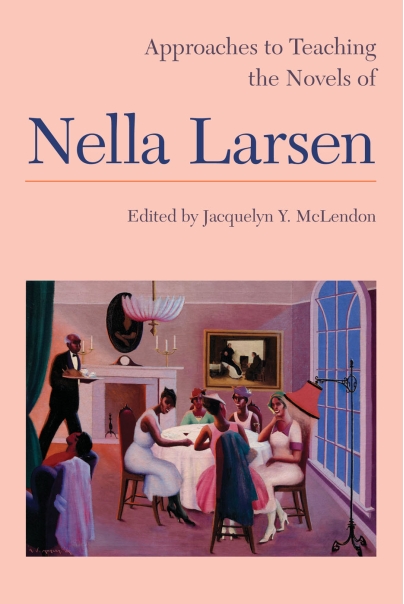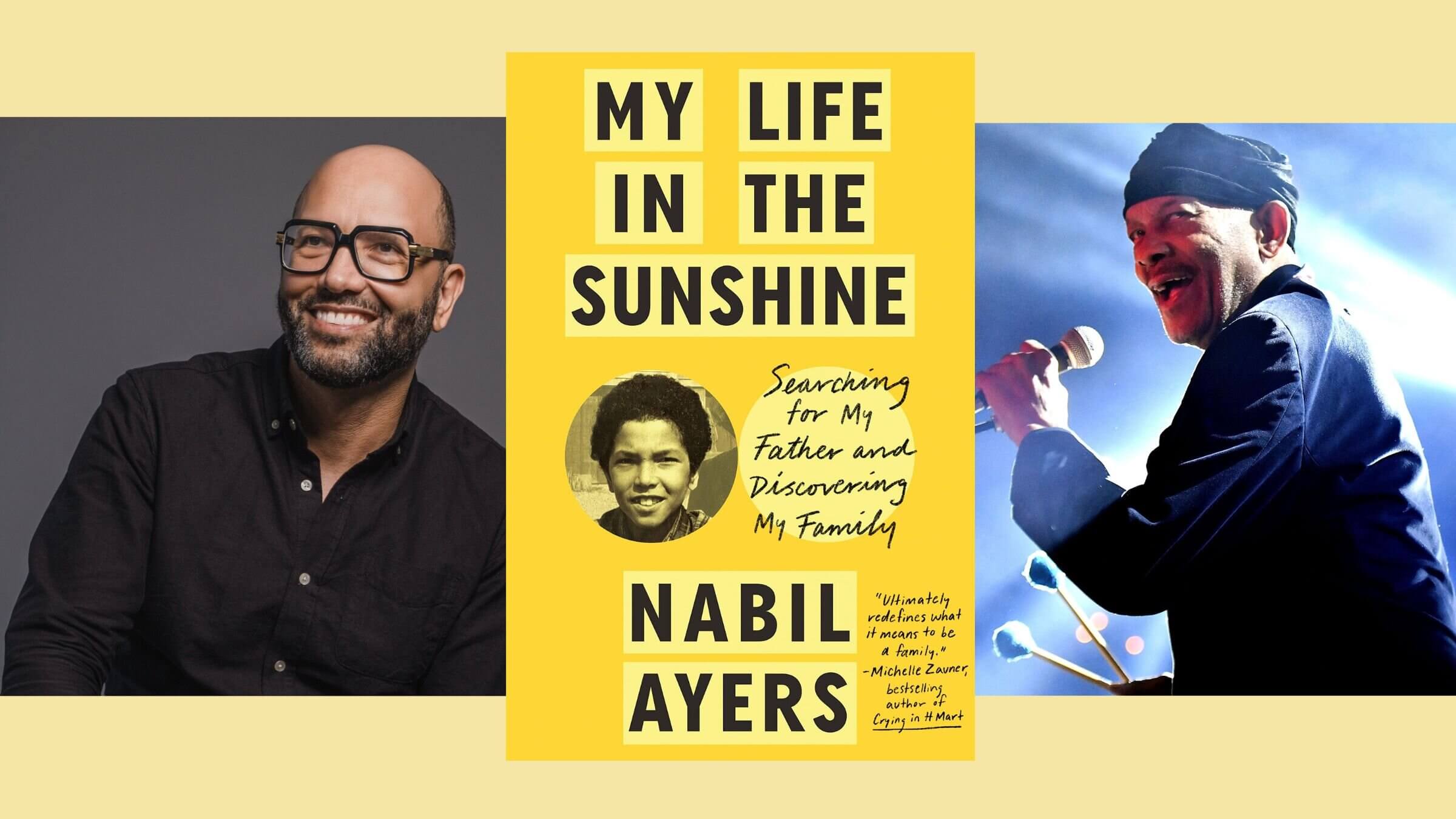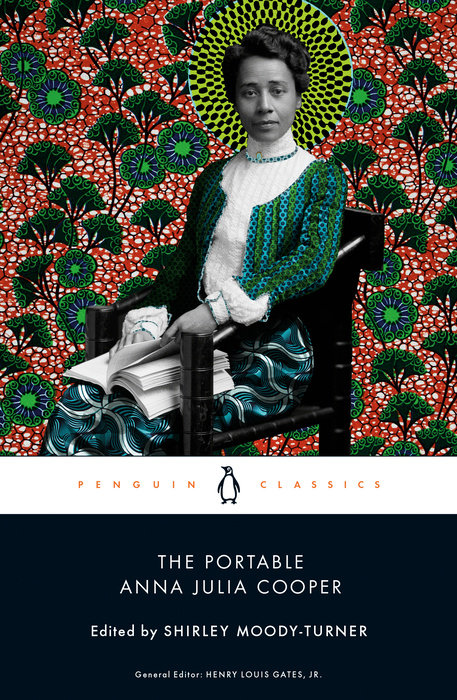Approaches to Teaching the Novels of Nella Larsen
Modern Language Association
2016-09-01
2010 pages
6 x 0.7 x 9.1 inches
Hardcover ISBN: 9781603292191
Paperback ISBN: 9781603292207
Edited by:
Jacquelyn Y. McLendon, Professor Emerita of English & Africana Studies; Director Emerita of Black Studies
College of William & Mary, Williamsburg, Virginia
Nella Larsen’s novels Quicksand and Passing, published at the height of the Harlem Renaissance, fell out of print and were thus little known for many years. Now widely available and taught, Quicksand and Passing challenge conventional “tragic mulatta” and “passing” narratives. In part 1, “Materials,” of Approaches to Teaching the Novels of Nella Larsen, the editor surveys the canon of Larsen’s writing, evaluates editions of her works, recommends secondary readings, and compiles a list of useful multimedia resources for teaching.
The essays in part 2, “Approaches,” aim to help students better understand attitudes toward women and race during the Harlem Renaissance, the novels’ relations to other artistic movements, and legal debates over racial identities in the early twentieth century. In so doing, contributors demonstrate how new and seasoned instructors alike might use Larsen’s novels to explore a wide range of topics—including Larsen’s short stories and letters, the relation between her writings and her biography, and the novels’ discussion of gender and sexuality.
Contents
- Acknowledgments
- PART ONE: MATERIALS / Jacquelyn Y. McLendon
- PART TWO: APPROACHES
- Introduction / Jacquelyn Y. McLendon
- Historical and Cultural Contexts
- Nella Larsen’s Passing and the Literary and Legal Context of the Passing Narrative / Martha J. Cutter
- Nella Larsen’s Modernism / Caresse John
- Helga Crane in West Egg: Reading Quicksand and The Great Gatsby as a Case Study in Canonicity / Shealeen Meaney
- “A Whole World of Experience and Struggle”: Teaching Literature as Cultural and Intellectual Women’s History / Lyde Sizer
- Nightlife and Racial Learning in Quicksand / Clark Barwick
- Fiction and the Arts
- Sounding and Being: A Resource for Teaching Musical References and Symbolism in Nella Larsen’s Quicksand / Gayle Murchison
- Nella Larsen and the Racial Mountain: Teaching Black Musical Aesthetics in Passing and Quicksand / Lori Harrison-Kahan
- Nella Larsen and the Civilization of Images: Teaching Primitivism and Expressionism in Quicksand / Cristina Giorcelli
- Identity
- “Anything Might Happen”: Freedom and American Identity in Nella Larsen’s Passing / Beryl Satter
- Teaching Passing as a Lesbian Text / Suzanne Raitt
- Approaching Gender in Quicksand / Beth Widmaier Capo
- From “My Old Man” to Race Men in Quicksand / Riché Richardson
- In the Classroom: Methods, Courses, Settings
- The Matter of Beginnings: Teaching the Opening Paragraphs in Quicksand and Passing / Steven B. Shively
- Versions of Passing / John K. Young
- The Uses of Biography / George B. Hutchinson
- “In Some . . . Determined Way a Little Flaunting”: Teaching with Nella Larsen’s Letters / M. Giulia Fabi and Jacquelyn Y. McLendon
- Teaching Quicksand in Denmark / Martyn Bone
- Teaching Nella Larsen’s Passing at an Urban Community College / Zivah Perel Katz
- Notes on Contributors
- Survey Participants
- Works Cited
- Index






